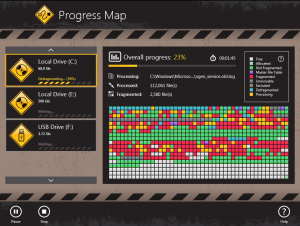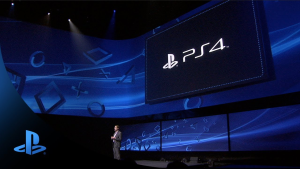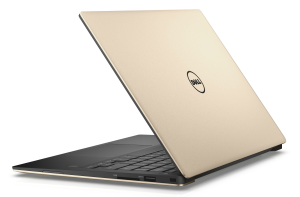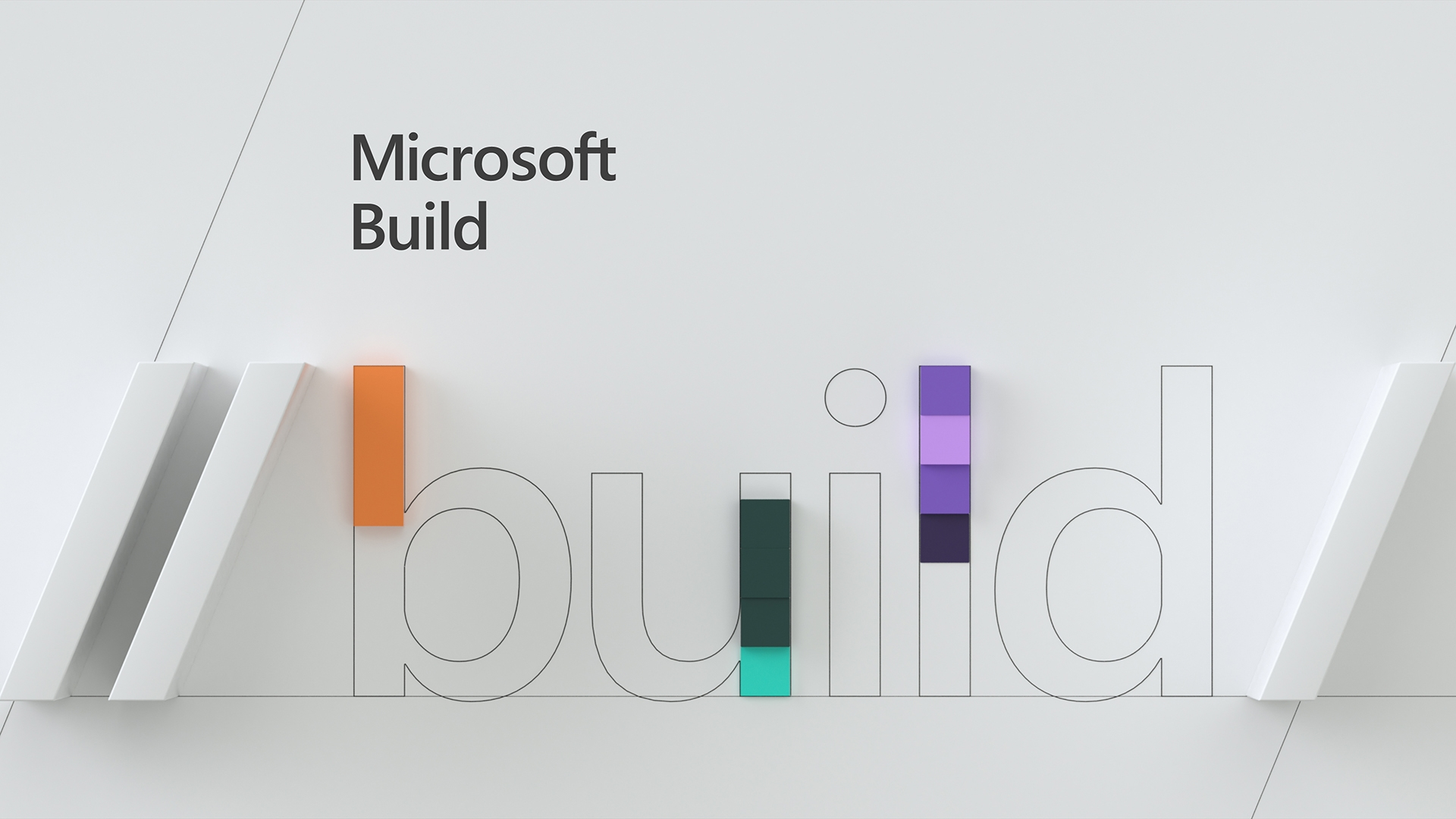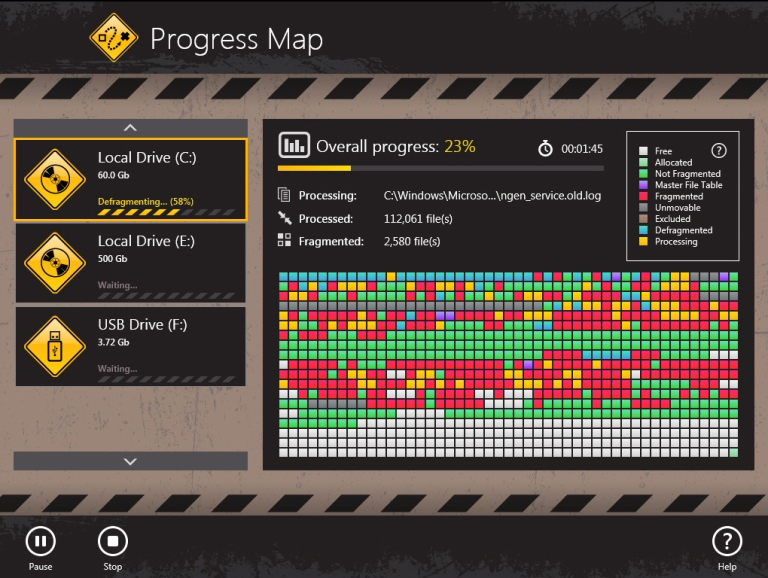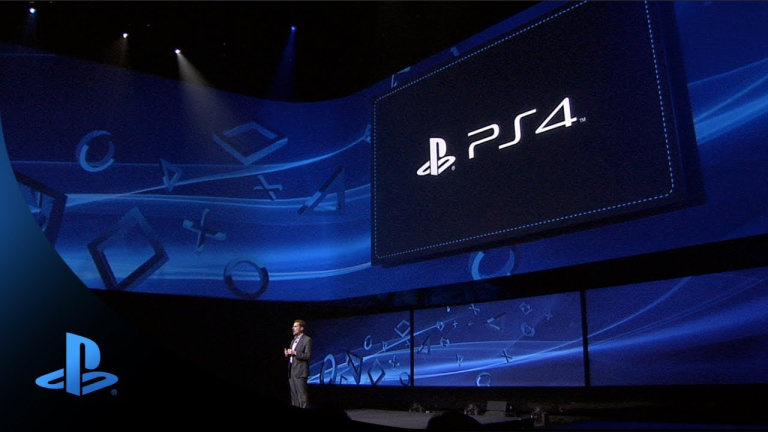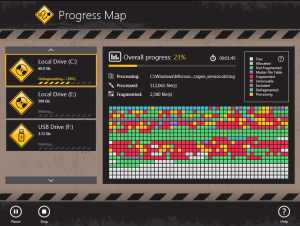Microsoft Build 2019 marked a pivotal moment in the tech giant’s evolution, showcasing significant advancements that resonate with contemporary themes such as AI ethics and trust in technology. As CEO Satya Nadella took the stage, it became clear that the company is not only focused on innovation in AI but also on fostering a culture of collective responsibility among developers and users alike. With a spotlight on Microsoft Azure, the conference revealed how essential it is for these technologies to be underpinned by trust, forming a foundation for future product designs. Nadella’s emphasis on ethical principles mirrors the intricate laws proposed by science fiction legend Isaac Asimov, where safety and human interaction with intelligent systems take precedence. As we delve into the various announcements and insights from Build 2019, it’s evident that Microsoft is committed to building products that empower users while prioritizing core ethical considerations.
The Microsoft Build 2019 conference served as a compelling launchpad for discussions about the future of technology and its alignment with ethical practices. During this vibrant event, new innovations were highlighted, particularly in the realm of artificial intelligence, cloud computing, and user empowerment. The dialogue surrounding the importance of responsibility in the tech industry echoed throughout the keynote speeches and sessions, signaling a shift in how developers are encouraged to approach their creations. With a focus on building trust and fostering collaboration, Microsoft aims to reshape the landscape of technology where users can depend on reliable systems that enhance their daily lives. This developer conference not only reiterates Microsoft’s role in pioneering technological advancements but also emphasizes the collective responsibility that we all share in shaping an ethical tech environment.
Microsoft Build 2019: A New Era for AI Ethics
At Microsoft Build 2019, the spotlight was placed on the ethical implications of artificial intelligence, with CEO Satya Nadella stressing the importance of establishing trust in technology. As AI’s adoption becomes more widespread, ethical frameworks such as those inspired by Isaac Asimov’s Three Laws of Robotics are being reevaluated in the context of real-world applications. Companies are tasked with integrating principles that ensure safety and predictability into increasingly autonomous systems. This resonates with the burgeoning discussions around AI ethics, placing collective responsibility at the forefront of tech development.
Moreover, Microsoft’s emphasis on trust directly aligns with its strategy to enhance technologies like Azure, ensuring that developers and corporations alike can rely on a solid foundation. The responsible deployment of AI requires a commitment to transparency and accountability, making it imperative that organizations uphold ethical standards. By doing so, they not only foster innovation in AI but also create environments where users can engage with technology confidently, nurturing a safer digital landscape.
Building Trust in Microsoft Azure AI Solutions
A core message at Microsoft Build 2019 was the concept of trust embedded within Microsoft Azure. It underlines that the cloud platform is more than just a technical infrastructure—it’s about building reliable relationships between technology and its users. Trust serves as a pivotal element, especially as enterprises integrate more AI-driven solutions into their operations. With Azure’s capabilities, organizations can leverage advanced AI services, such as the Azure Speech Service, ensuring that critical communications are handled with the utmost accuracy and security.
The introduction of tools like ElectionGuard exemplifies this commitment to trust and collective responsibility. By providing an open-source framework for secure electoral processes, Microsoft not only reinforces its ethical obligations but also creates a pathway for empowering users to engage more fully in democratic systems. Such innovations highlight the intersection of technology and trust, demonstrating that Microsoft Azure is not simply facilitating business operations but is also promoting a reliance on ethical AI practices that prioritize user safety and confidence in technology.
Collective Responsibility in AI Development
In a world increasingly driven by technology, collective responsibility has emerged as a crucial principle for AI development. Microsoft Build 2019 showcased this through various keynotes, illustrating how companies must work together to address the ethical implications of AI systems. Nadella emphasized the responsibility that comes with creating intelligent agents, urging developers to adopt an ethical mindset in deploying these technologies. This collective approach requires not only adherence to established guidelines but also active participation in discussions surrounding the positive and negative impacts of AI.
Furthermore, the concept of empowerment is inherently tied to collective responsibility. As AI solutions become more embedded in everyday life, it is vital for developers to ensure that these systems promote inclusivity and do not marginalize any group. Microsoft’s initiatives, such as promoting accessibility through its AI services, reflect a commitment to empowering all users. By prioritizing collective efforts in ethical AI development, companies can cultivate an environment where technology serves as a tool for social good, fostering innovation while ensuring that ethical considerations remain a fundamental aspect of the process.
The Future of AI Innovation at Microsoft
During Microsoft Build 2019, the future of AI innovation was a key topic of discussion, highlighting the exciting prospects for both developers and users. With the rapid advancements in AI capabilities, particularly in natural language processing and machine learning, the conversations steered towards how these technologies can fundamentally reshape industries. The emphasis on innovation revolves around making AI accessible and usable, which aligns with Microsoft’s mission to empower individuals through technology. Nadella’s vision of an open-assistant future illustrates the potential these innovations hold for creating more interactive and intuitive user experiences.
Moreover, as innovation in AI races forward, companies must remain vigilant about ethical considerations. Microsoft’s initiatives indicate that as they push boundaries in technology, they also recognize the importance of implementing systems that prioritize transparency and fairness. The integration of ethics into the innovation framework ensures that as new solutions are developed, they do not compromise user trust or safety. This balanced approach to AI development exemplifies Microsoft’s commitment to leading the future of technology while upholding high ethical standards, an essential necessity as we look forward to the next wave of AI.
Microsoft’s Design Principles for Ethical Technology
Microsoft Build 2019 underscored the company’s commitment to ethical technology through its foundational design principles. With a focus on trust, empowerment, and collective responsibility, Microsoft delineates a clear path for how technology should be developed. By integrating ethics into its design philosophy, Microsoft not only aligns with its original mission but also reacts responsibly to the evolving landscape of artificial intelligence. This strategic approach aims to ensure that all products developed under the Microsoft umbrella are safe, reliable, and centered around user needs.
Furthermore, the discussions at Build 2019 highlighted how these principles can guide future innovations. For example, the development of tools like Azure and Office 365 reflects a deliberate effort to embed ethical considerations into their functionality and usability. By doing so, Microsoft encourages trust in its offerings, assuring users that their data is handled responsibly and ethically. This holistic view of technology as a blend of ethics and innovation reaffirms Microsoft’s place as a leader in both the tech industry and the ongoing conversation around AI ethics.
Transforming User Interaction through AI and Trust
The keynote speeches at Microsoft Build 2019 conveyed a powerful message about the transformation of user interaction through AI. With advancements in natural language processing and AI technologies like the Azure Speech Service, users can now expect more intuitive and human-like experiences. Trust becomes crucial in this interaction, as users are increasingly reliant on these systems to effectively communicate and process information. The positive reception of these innovations showcases the potential for AI to bridge human-machine communication effectively and safely.
Moreover, ensuring a trustworthy interaction entails a commitment from developers to design systems that are user-centric. Nadella’s insights regarding the need for an open-assistant world highlight the importance of flexibility and user comfort in deploying AI technologies. For users to fully embrace AI, they need to feel confident that their interactions are secure and respectful of their privacy. Through continued innovations and a focus on trust, Microsoft aims to redefine how users engage with technology moving forward, turning potential anxieties into empowered experiences.
Empowerment Through Ethical AI Initiatives
Empowerment was a significant theme at Microsoft Build 2019, particularly in discussions surrounding AI initiatives aimed at fostering societal benefit. Nadella emphasized that the deployment of AI technologies should always align with ethical principles, focusing on empowering users rather than merely optimizing systems. This reflects a shift in how organizations consider the role of AI—not just as tools for efficiency but as means to enhance human capability and societal progress. Programs designed to enhance accessibility, like those within Microsoft’s AI offerings, exemplify a commitment to empowerment across diverse user demographics.
Furthermore, the conversation around responsibility amplifies the empowerment narrative. As organizations, including Microsoft, encourage the development of responsible AI, they are essentially saying that all stakeholders have a part to play in ensuring technology serves the collective good. By championing initiatives that reflect shared values and ethical standards, Microsoft is leading the charge toward a future where AI is not only innovative but also equitable and trustworthy.
Innovative Solutions for a Trustworthy Digital Landscape
At the center of Microsoft Build 2019 was a clear call for innovation that prioritizes a trustworthy digital landscape. The advancements presented, including robust AI solutions and the proactive approach to security and privacy, reflect a commitment to designing technology that users can depend on. The importance of trust in this landscape is paramount, especially as organizations increasingly rely on tech solutions powered by AI. By integrating ethical practices into every stage of product development, Microsoft demonstrates its dedication to creating a safe environment for users.
Additionally, the proactive measures like the introduction of ElectionGuard highlight how technology can be utilized to reinforce democratic processes and community trust. These initiatives portray an understanding that innovation must go hand in hand with responsibility and transparency. As such, Microsoft stands at the forefront of creating impactful solutions that aim to foster trust while pushing the boundaries of technological capabilities, ultimately crafting a future where innovation and ethics coexist in harmony.
AI and the Evolution of Design Ethics at Microsoft
The rapid evolution of artificial intelligence has necessitated a rethinking of design ethics across the tech industry, and Microsoft is leading the way with its robust framework established at Build 2019. Incorporating trusted ethical principles into product development—such as collective responsibility and user empowerment—is not just a necessity but a foundation for future innovation. As developers approach AI with a thoughtful lens on ethical implications, they can create smarter and more beneficial user experiences, staying true to the philosophy that drives Microsoft’s mission.
As we look ahead, the ongoing discourse surrounding AI ethics will continue to shape Microsoft’s design ethos, ensuring that every new advancement is scrutinized through a lens of responsibility and trust. This aligns with Asimov’s vision of safe interaction between humans and technology, where ethical considerations are as integral as functionality and performance. By fostering a culture of ethical innovation, Microsoft is not only paving the way for technological advancements but also instilling a sense of confidence and reliability for users engaging with AI solutions.
Frequently Asked Questions
What were the key themes of Microsoft Build 2019 regarding AI ethics?
At Microsoft Build 2019, AI ethics were central to the discussions, focusing on trust, collective responsibility, and innovation in AI. CEO Satya Nadella emphasized the importance of embedding trust into technology design, ensuring that developers and users alike can rely on AI solutions from Microsoft. The event highlighted how these principles guide Microsoft’s approach to artificial intelligence, fostering a responsible integration of technology in society.
How does Microsoft Azure support innovation in AI as discussed in Build 2019?
Microsoft Azure plays a pivotal role in supporting innovation in AI, as highlighted during Build 2019. By providing robust cloud computing capabilities, Azure enables developers to create advanced AI applications with enhanced scalability and reliability. The Azure Speech Service demo showcased this innovation, illustrating how intelligent services can accurately transcribe conversations and improve user experiences. These tools empower developers to harness AI effectively while adhering to ethical practices.
What is the significance of trust in technology discussed at Microsoft Build 2019?
Trust in technology was a fundamental theme at Microsoft Build 2019, where it was portrayed as an essential element of Microsoft’s product design philosophy. Nadella stated that trust must be ingrained in every aspect of technology development, especially as AI becomes more integral to our lives. This commitment ensures that users can engage with technology confidently, knowing it aligns with ethical standards and prioritizes collective responsibility.
How does Microsoft Build 2019 address collective responsibility in AI development?
Collective responsibility was a prominent topic at Microsoft Build 2019, with initiatives like ElectionGuard introduced to ensure secure and trustworthy voting processes. Microsoft’s approach reflects a commitment to developing technologies that serve societal needs, where the onus is on both developers and users to ensure responsible use of AI. This concept was reiterated throughout the keynote, emphasizing that success in AI requires a shared accountability among stakeholders.
What innovations were highlighted in Microsoft’s approach to AI at Build 2019?
Build 2019 showcased several innovations in Microsoft’s approach to AI, including the Open Data Initiative aimed at breaking data silos and fostering interoperability. Nadella discussed the importance of creating an open-assistant ecosystem, allowing multiple AI agents to collaborate seamlessly. These innovations emphasize not only technical advancements but also the ethical framework guiding AI development at Microsoft.
How is Microsoft ensuring digital empowerment through its technology as discussed in Build 2019?
During Build 2019, Microsoft underscored the theme of digital empowerment, which aligns with its founding mission of placing technology in the hands of everyone. The introduction of tools like the Windows Subsystem for Linux 2 and Azure services exemplifies how Microsoft is enabling developers with the resources necessary for innovation. This empowerment fosters a creator economy, where diverse solutions can flourish, ultimately benefiting users and businesses alike.
What role does the concept of trust play in Microsoft’s AI solutions introduced at Build 2019?
Trust is central to the AI solutions introduced at Microsoft Build 2019, as it underpins the ethical considerations of AI deployment. The company’s emphasis on trustworthy AI is evident in the design of its products and services, ensuring that developers can create applications with reliability and transparency. This focus on trust fosters user confidence, making technology a more enriching aspect of daily life.
| Key Point | Details |
|---|---|
| Trust as a Core Principle | CEO Satya Nadella emphasizes trust in product design, especially with the rise of AI and cloud computing. |
| Collective Responsibility | Microsoft promotes collective responsibility through initiatives like ElectionGuard, ensuring secure voting. |
| Empowerment through Technology | The concept of ‘a computer on every desk’ is expanded to ’empowerment’, focusing on user-centric product design. |
| Demos and Innovations | Highlights included Azure Speech Service and the Open Data Initiative, showcasing advanced AI capabilities. |
| Future of AI Development | Nadella discusses the need for openness in AI developments to facilitate better interoperability and user experience. |
Summary
Microsoft Build 2019 highlighted significant shifts in the company’s philosophy, particularly emphasizing trust, collective responsibility, and empowerment as foundational design principles. These ideas are crucial for the future of technology as Microsoft leads the way in integrating ethical considerations into their products and services. As AI and cloud technologies advance, the commitment to fostering trust remains paramount, setting Microsoft apart in the industry.

